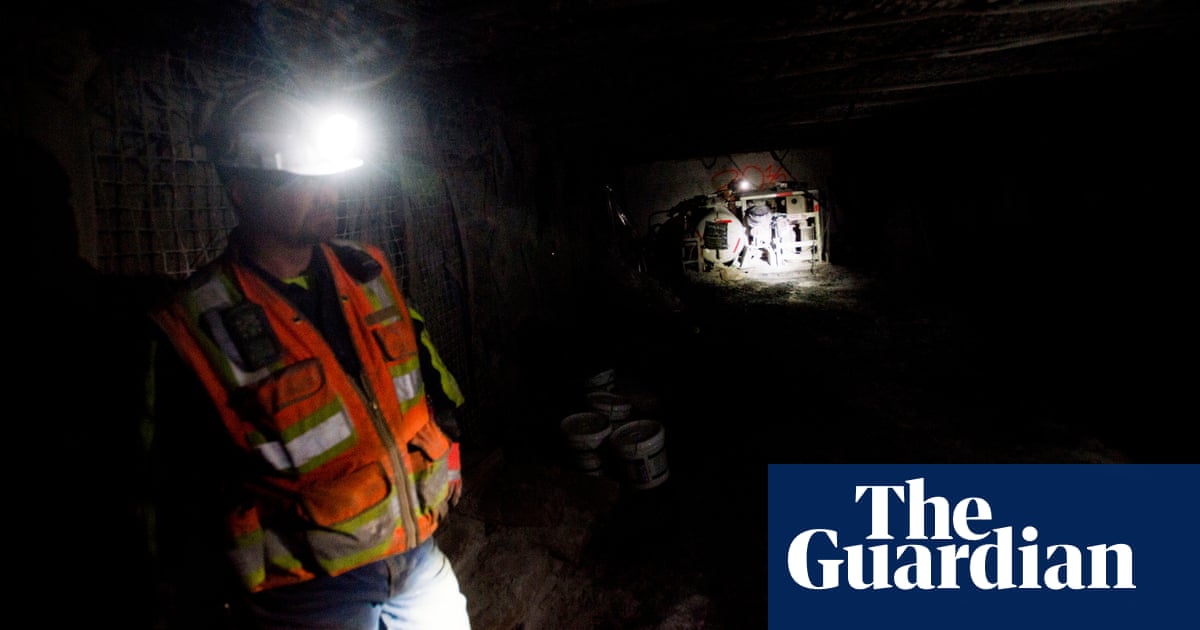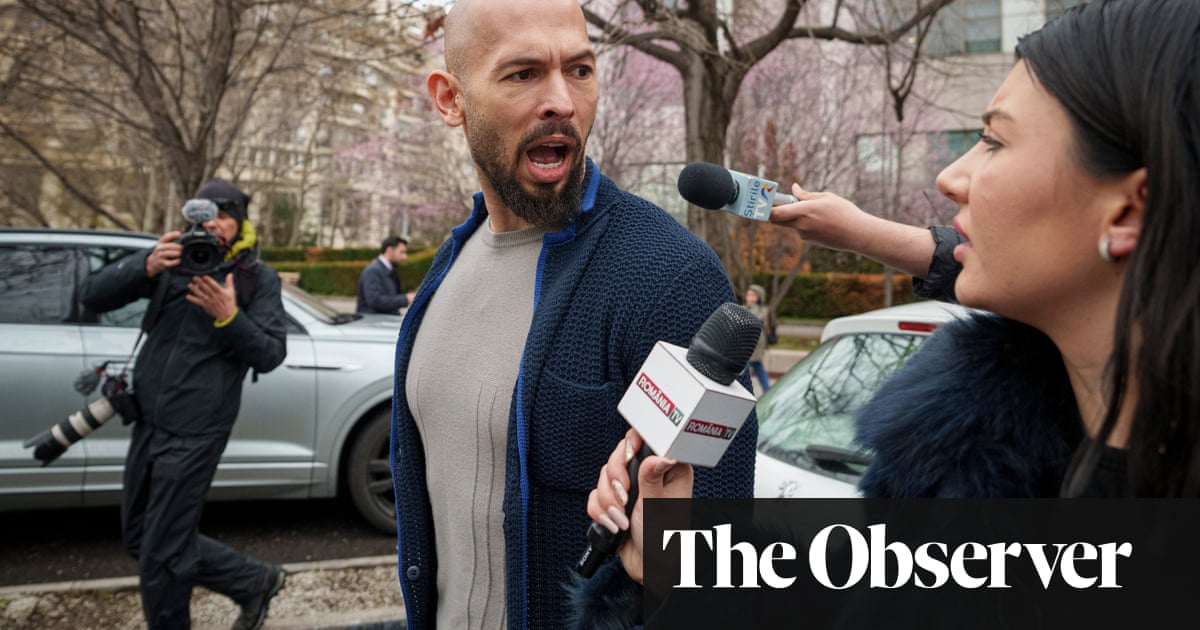20. Cut Copy Me (2013)
The span of Petula Clark’s career is extraordinary: she made her radio debut at the height of the blitz and essayed an impressive cover of Gnarls Barkley’s Crazy in her 80s. But Cut Copy Me is the pick of her latter-day recordings, an authentically creepy bit of Auto-Tune-heavy late-night psychodrama, the last thing you’d expect her to make.
19. Sailor (1961)
Clark’s early releases are very much of their time, the largely forgotten post-swing, pre-rock’n’roll period of British pop – aimed at adults, not teenagers – that often sounds mushy and hopelessly square to modern ears. Things picked up a bit by the time of Sailor, with its faint country undertone and eerie, echoey backing vocals.
18. Kiss Me Goodbye (1968)
Most of Clark’s big 60s hits were uptempo pop, but she does a great job with the ballad Kiss Me Goodbye. Her vocal lends real emotional heft to a song that leaned into MOR: the handiwork of the same team as Engelbert Humperdinck’s The Last Waltz, the choral backing vocals a distinct 40s throwback.

17. If I Only Had Time (1969)
Clark’s late-60s deep cuts are deeper than most – the albums are long out of print, they’ve evaded streaming and in some cases even YouTube. You could take that as evidence that they’re desperately undervalued. Certainly her electric sitar-decorated version of If I Only Had Time – better known in Gene Pitney’s version – warrants a wider audience.
16. The Other Man’s Grass (Is Always Greener) (1967)
Clark’s last original UK Top 20 hit reunited her with composer and songwriter Tony Hatch for a song he described as containing “deep thought … a lot of philosophy”. That’s gilding the lily a little, but it’s still utterly charming, with another killer chorus, and distinctly more enjoyable than her biggest 1967 hit, This Is My Song, a retro ballad Clark openly disliked.
15. It’s Midnight (Do You Know Where Your Baby Is?) (1976)
Clark’s mid-70s Nashville sessions apparently produced some of her favourite recordings, but languished unreleased for decades. Her version of Bobby Emmons’ It’s Midnight leans more towards pop with a Nashville influence rather than country, but it’s both a great song and fabulous vocal performance.

14. Colour My World (1966)
Its slightly weedy sitar is a shrugging concession to changing pop trends as 1966 gave way to 1967, but Colour My World is really all about the splendidly propulsive chorus, which one suspects Hatch was rather more invested in than Indian-inspired experimentalism. It was later used as the theme music for BBC One’s switch to colour broadcasting.
13. Sign of the Times (1966)
Clark didn’t rate her second US No 1, My Love; she apparently grabbed her US A&R man by his lapels in an attempt to convince him not to release it. Its success notwithstanding, she had a point: it’s a bit rounded-edged. But follow-up Sign of the Times is a vast improvement: hard-driving, Motown-influenced, sharp.
12. You’re the One (1965)
Co-written by Clark herself – after Hatch realised they were a song short for the I Know a Place album – You’re the One was a hit first for US quartet the Vogues, but Clark’s original is tougher and hipper, the chiming 12-string guitar betraying the influence of the Searchers’ Needles and Pins.
11. City Lights (1971)
Clark’s final album-length collaboration with Hatch, Conversations in the Wind, went unreleased in its entirety until the 21st century, which presumably had more to do with her declining success as a hitmaker than its quality. The lovely City Lights is an older, sadder relation of Downtown; this time around, losing yourself in the night won’t solve anything.
10. Rain (1966)
Clark was never going to be at the vanguard of the psychedelic revolution, but her version of the Beatles’ acid-drenched Rain is still amazing: blasting brass, surprisingly funky drums, fabulous R&B organ. And the eastern-sounding ululating she unleashes in place of the original’s backwards vocals is … quite something.
9. Right On (1970)
The Chips Moman-produced album Memphis is another release that’s not on Spotify – a real shame. If Clark singing a self-penned anti-racist protest song sounds unlikely, remember its author had witnessed advertisers pull out of a 1968 US TV special just because she had dared to touch Harry Belafonte’s arm while singing a duet.

8. The World Song (1971)
From Petula ’71 – another great album Clark made after her run of huge hit singles slowed – The World Song offers a bit of mock-hippy universal brotherhood sermonising along the lines of I’d Like to Teach the World to Sing, but the slowly building epic arrangement transforms it into something pretty stunning.
7. You’d Better Come Home (1965)
More understated than the breakthrough hits it followed, You’d Better Come Home deals in muted shades and romantic despair rather than neon lights and the promise of the night in the big city. Clark’s vocal is brilliant, switching from sultry, controlled anger to wracked anguish.
6. Let Me Be the One (1971)
If any of Clark’s 70s albums – all currently unavailable – deserves drastic reassessment, it’s Warm and Tender, on which producer Arif Mardin seemed to draw a real soulfulness from her perfectly enunciated voice, as evidenced by opener Let Me Be the One, a wonderful slice of orchestrated soft soul.
5. The Cat in the Window (The Bird in the Sky) (1967)
As close as Clark ever got to psychedelia, which isn’t really that close: a big old orchestrated ballad with a slightly spaced-out atmosphere, imponderable lyrics and a strange, unresolved finale. Nevertheless, it’s a progression from her earlier hits. Record buyers were unconvinced, but they were wrong: it’s a fantastic, haunting single.
4. I Couldn’t Live Without Your Love (1966)
A Top 10 hit on both sides of the Atlantic, I Couldn’t Live Without Your Love is classic mid-60s Clark: a finger-snapping rhythm, a huge and entirely joyous orchestral arrangement. But in the midst of it all, she sounds utterly cool, as if she’s barely breaking a sweat as she hits the big notes.
3. I Know a Place (1965)
A knowing reference to Brian Epstein’s autobiography aside, the lyrics are slightly naff for 1965 – “You’ll be tapping your feet because the beat is the greatest there” – but who cares in the face of a chorus this magnificent? Its first appearance feels like the moment a rollercoaster suddenly speeds up: unexpected and exhilarating.
2. Don’t Sleep in the Subway (1967)
Check out Don’t Sleep in the Subway’s episodic structure, its shifts in tempo, the backing vocals on the chorus – songwriters Hatch and Jackie Trent definitely spent 1966 listening to Pet Sounds. But whoever influenced it, the last of Clark’s big 60s hits is a wonderful thing: epic but tender, oddly moving.
1. Downtown (1964)
Internationally, Clark was the biggest of Britain’s female 60s pop singers – 13 top 30 hits in the US, two of them No 1s – but back home a distinct hint of light entertainment clung to her image. Perhaps it was a result of her career predating rock’n’roll, but it seems incredibly unfair given how great her singles sounded. Downtown is her masterpiece, a Hatch song to match the Brill Building’s best, the thrilling promise of a night out in the big city with a slight, but distinct flirtatious frisson behind her cut-glass enunciation: “Maybe you know some little places to go where they never close … maybe I’ll see you there.”

 3 months ago
47
3 months ago
47













































